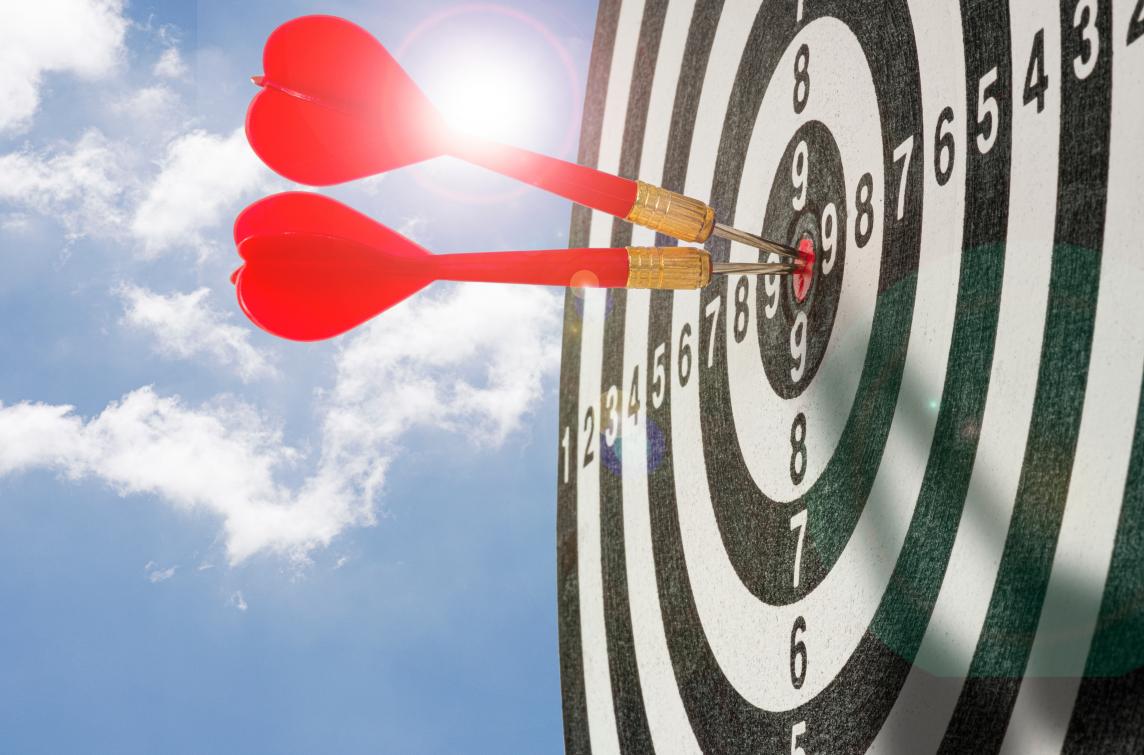Final Symposium: Reproducibility and replicability in science

Symposium
Paleis der Academiën, Brussel
Activiteit in het kader van de Denkerscyclus
On October 18, 2018, Nature published a special issue about Challenges in irreproducible research: “Science moves forward by corroboration – when researchers verify others' results. Science advances faster when people waste less time pursuing false leads. No research paper can ever be considered to be the final word, but there are too many that do not stand up to further study. There is growing alarm about results that cannot be reproduced. Explanations include increased levels of scrutiny, complexity of experiments and statistics, and pressures on researchers. Journals, scientists, institutions and funders all have a part in tackling reproducibility.”
The KVAB permanent reflection group on Responsible Research and Innovation and Science Ethics (RRI) initiated a Thinkers-in-residence project on the problem of reproducibility and replicability. Sabina Leonelli and Stephan Lewandowsky took on a central role as 'thinkers'. They have applied a broad approach: covering the entire collection of the scientific disciplines, each with their own specificity. Transparency and openness of the data, the methods of processing, better statistical processing and openness of the software can certainly contribute to the problem. In addition, successful approaches from hard-hit domains such as psychology can inspire other domains...
Watch the keynotes:
01-06-2022
Discussion on reproducibility across disciplines and professional roles. How do different participants in the research landscape (research, administration and technical support) understand and implement reproducibility?
Reforming institutional structures to support reproducibility. What are the right incentives to support different interests and views on reproducibility?

